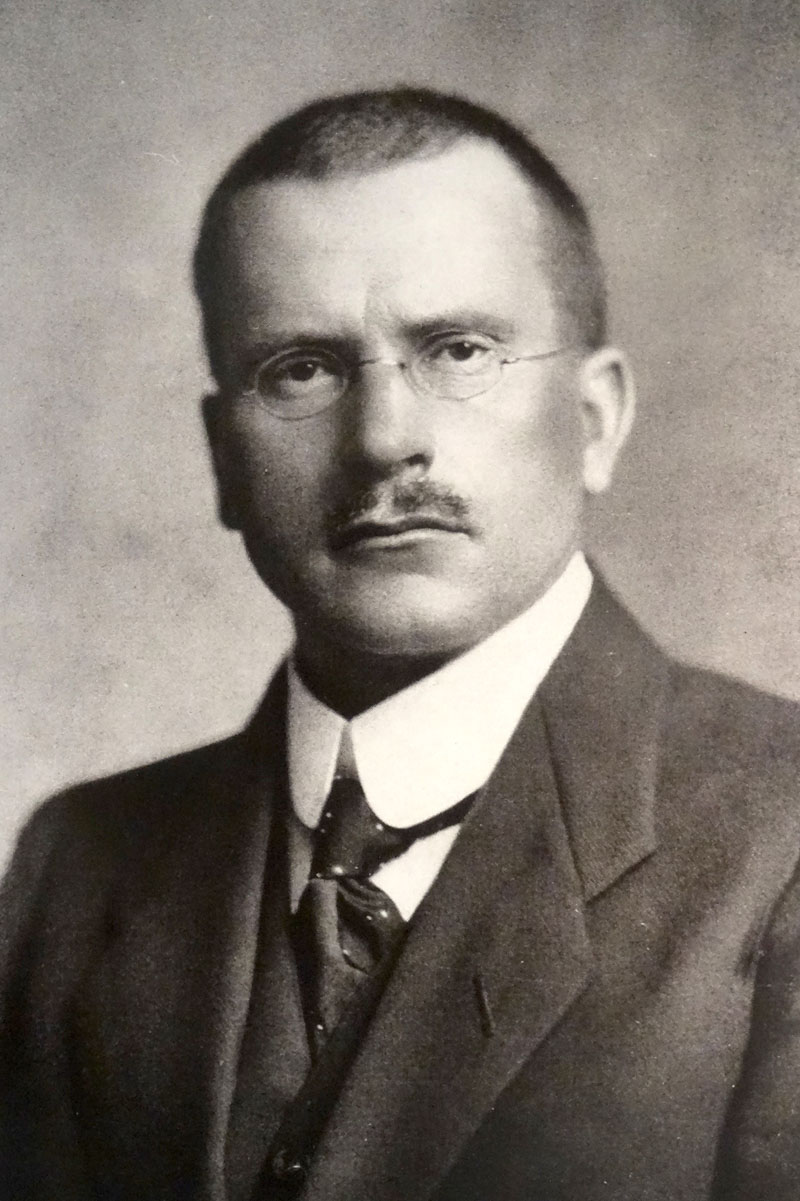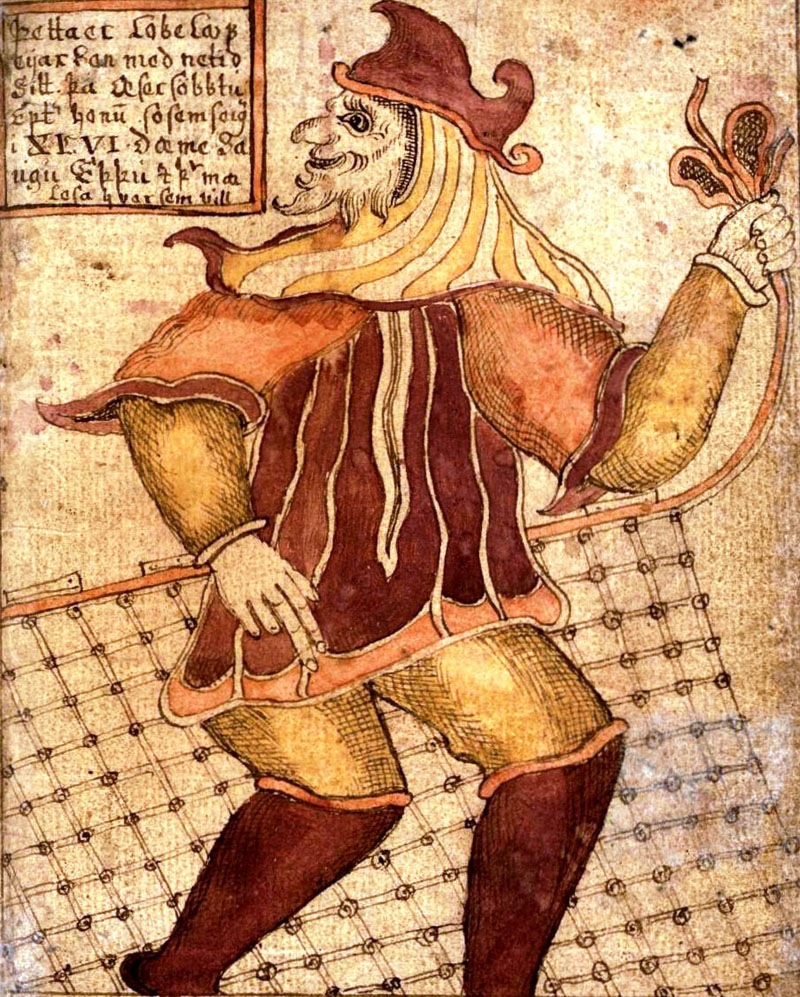The Jungian Psyche
- Carl Jung was a Swiss psychiatrist and psychotherapist who founded analytical psychology. His work has been influential not only in psychiatry but also in philosophy, anthropology, archaeology, literature, and religious studies.
- According to Jungian psychology, individuation is a process of psychological integration whereby the personal and collective unconscious are brought into consciousness, active imagination, or free association to be assimilated into the whole personality.
- Collective unconscious is a term coined by Carl Jung that refers to structures of the unconscious mind which are shared among human beings.
- Jungian archetypes are highly developed elements of the collective unconscious, universal, archaic patterns and images which are the psychic counterpart of instinct.
- A complex is a core pattern of emotions, memories, perceptions, and wishes in the personal unconscious organized around a common theme, such as power or status.
- The persona, for Swiss psychiatrist Carl Jung, was the social face the individual presented to the world.
- An archetype of the collective unconscious, the anima and animus can be identified as the totality of the unconscious feminine psychological qualities that a man possesses or the masculine ones possessed by a woman, respectively.

